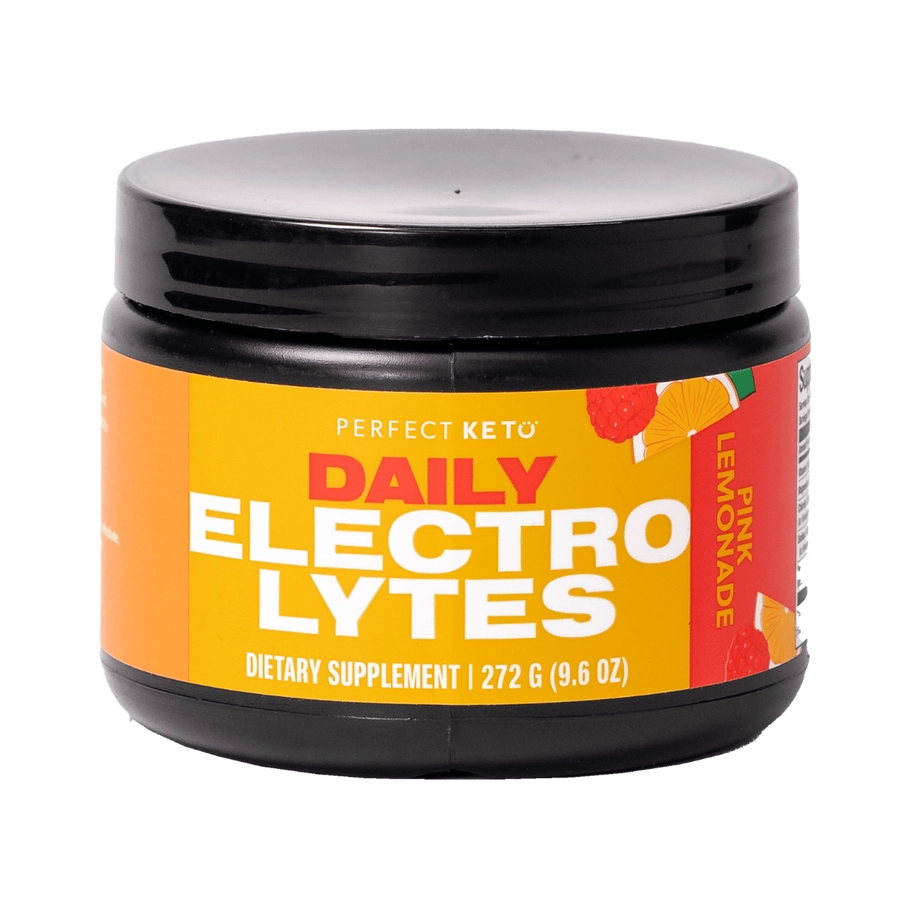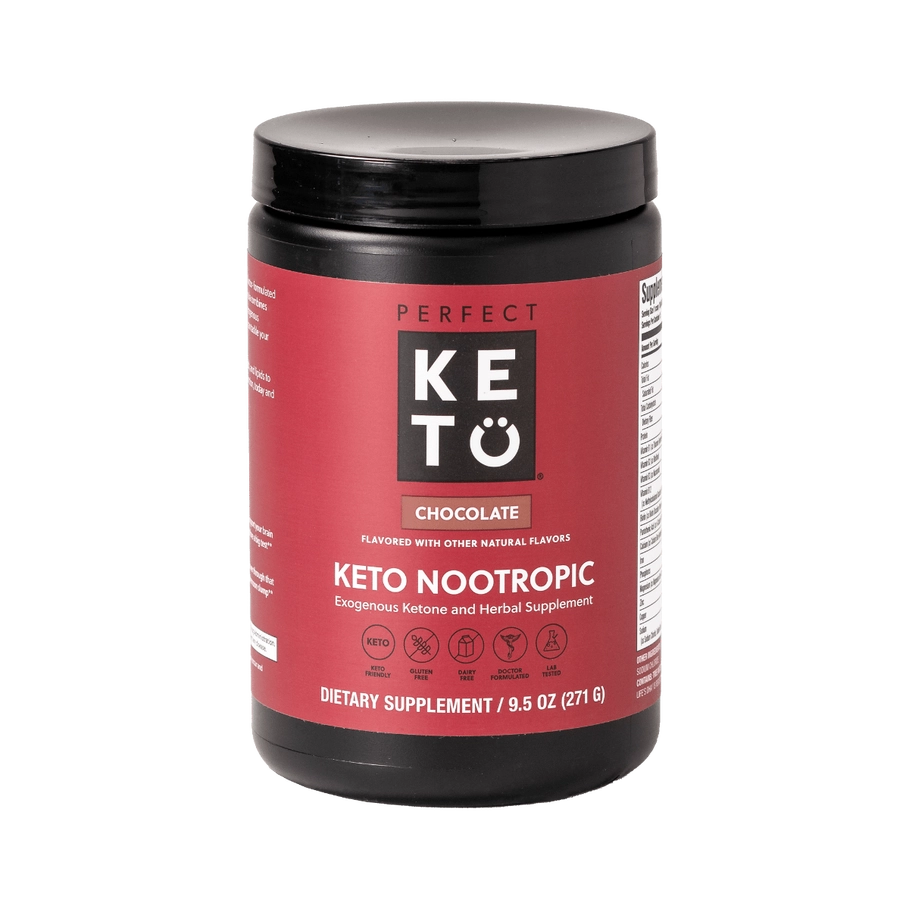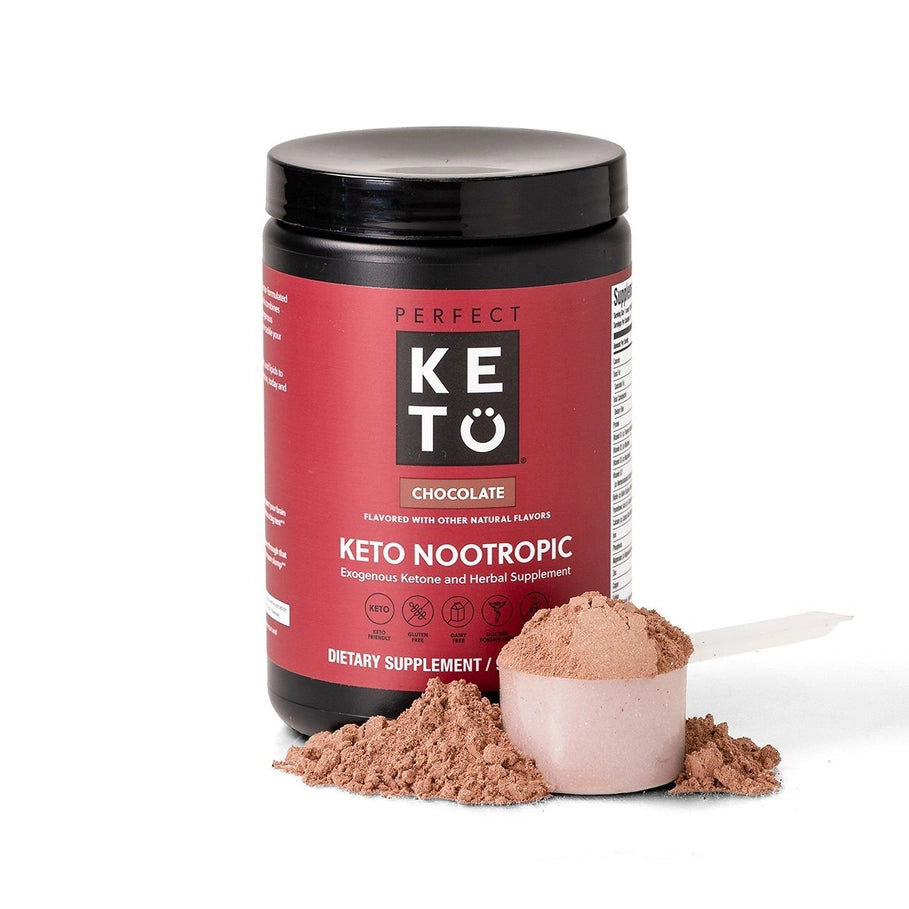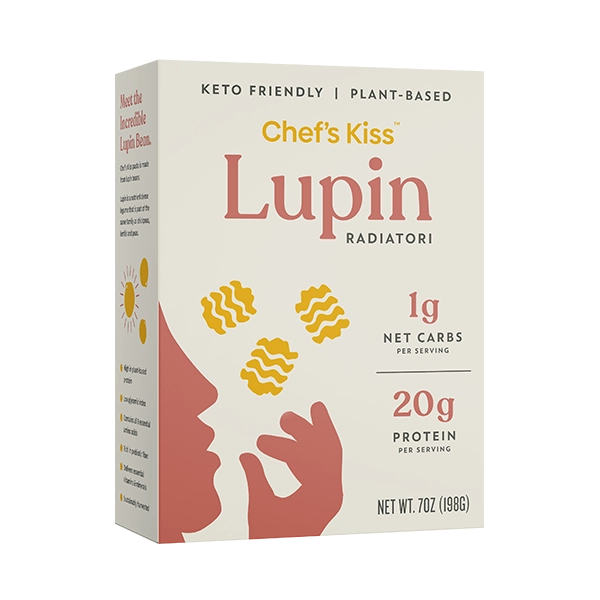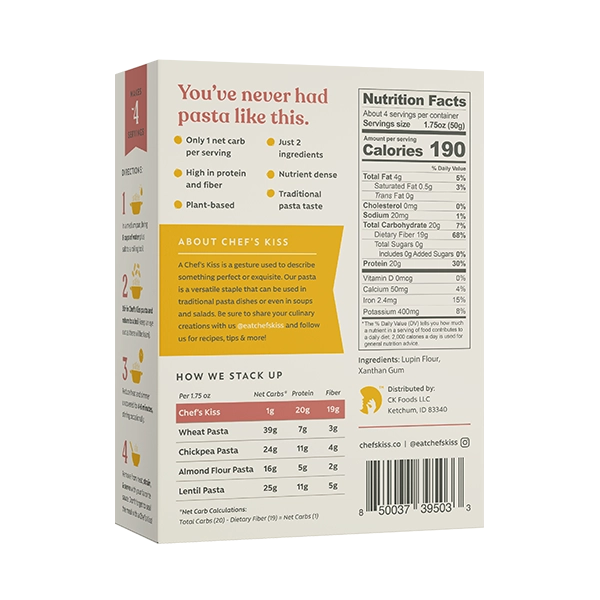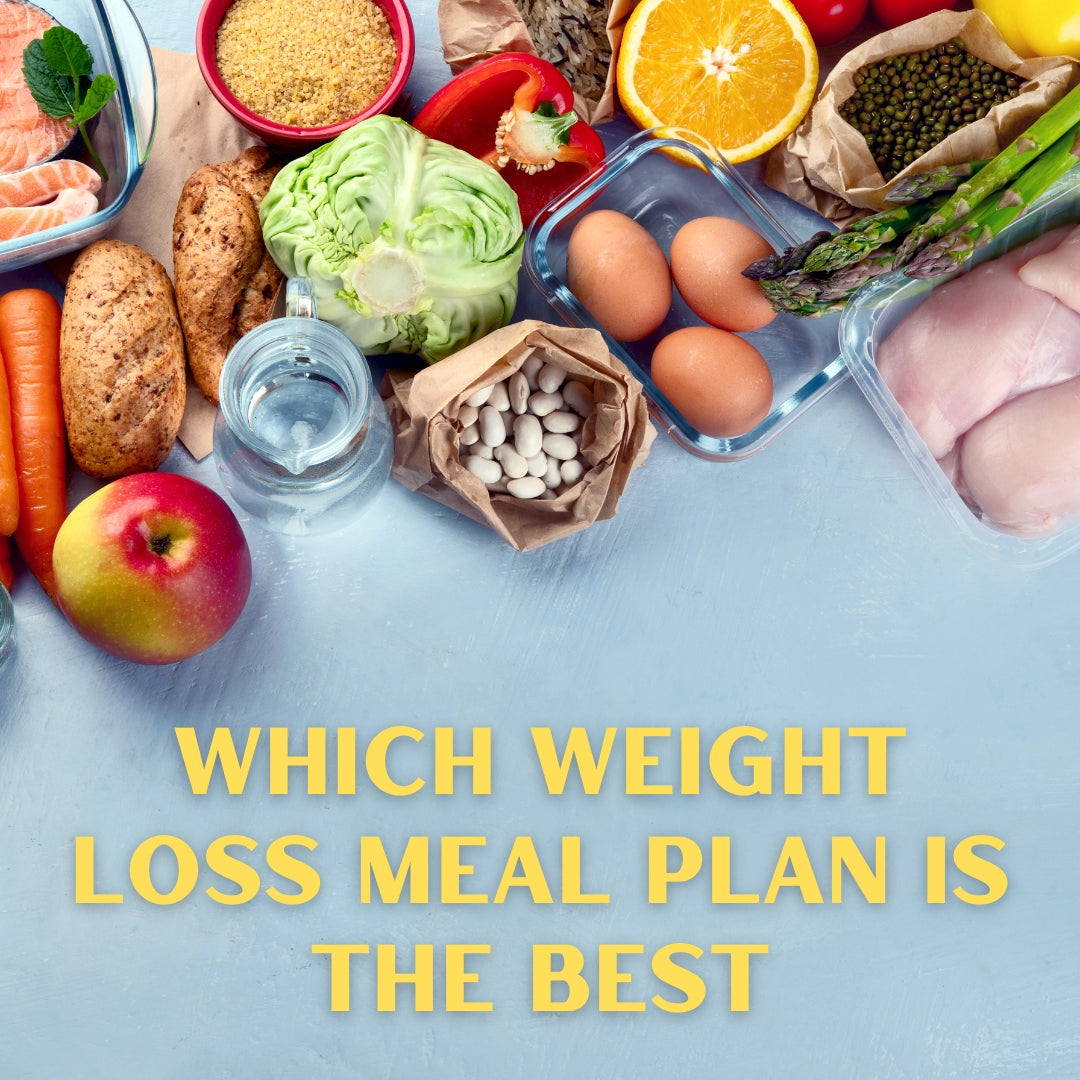
Learn Which Weight Loss Meal Plan is Best for You
Which Weight Loss Meal Plan is best: A Comprehensive Guide
In the quest for optimal health and wellness, weight loss often takes center stage. With countless diet plans promising quick and effective results, it can be challenging to determine which is the best meal plan for weight loss. This comprehensive guide aims to shed light on this subject by exploring various diet plans known for their weight loss benefits.
1. Introduction to Weight Loss Meal Plans
Weight loss is a multifaceted journey that involves more than just shedding pounds. It's about cultivating a balanced, nutritious dietary pattern that promotes overall health while helping you reach your weight loss goals. The best meal plan for weight loss isn't a quick fix but a sustainable lifestyle change.
1.1. Understanding Weight Loss
Weight loss occurs when calorie expenditure surpasses calorie intake, creating a calorie deficit. This can be achieved through a combination of balanced nutrition, regular exercise, and healthy lifestyle habits. Diet plays a crucial role in weight loss, with certain meal plans designed to optimize this process.
2. The Mediterranean Diet
Recognized as one of the healthiest diets globally, the Mediterranean diet is based on the traditional foods consumed in Mediterranean countries like Italy and Greece.
2.1. How It Works
The Mediterranean diet emphasizes:
- Consuming a variety of fruits, vegetables, whole grains, and lean proteins.
- Limiting intake of red meats and processed foods.
- Using olive oil as a primary fat source.
- Incorporating a moderate amount of wine.
2.2. Health Benefits
Research indicates that the Mediterranean diet can lower heart disease risk and is associated with a longer lifespan. Moreover, because it's rich in fiber and low in processed foods, it can aid in weight loss and improve other health markers.
3. The DASH Diet
The Dietary Approaches to Stop Hypertension (DASH) diet was developed to combat high blood pressure. However, it's also effective for weight loss.
3.1. How It Works
The DASH diet recommends consuming a variety of nutrient-rich foods and limiting salt intake. It emphasizes:
- Fruits, vegetables, and whole grains.
- Lean meats, poultry, and fish.
- Low-fat or non-fat dairy products.
- Avoidance of foods high in saturated fats and cholesterol.
3.2. Health Benefits
Numerous studies have indicated that the DASH diet can reduce blood pressure and lower the risk for heart disease, stroke, and other health problems. It may also aid in weight loss due to its low-calorie, high-fiber approach.
4. Plant-Based and Flexitarian Diets
Vegetarianism and veganism are popular forms of plant-based diets. However, more flexible plant-based diets, such as the flexitarian diet, are also gaining traction.
4.1. How It Works
A flexitarian diet encourages primarily plant-based foods but allows occasional meat and animal products. It's an excellent choice for individuals who wish to reap the benefits of a plant-based diet without entirely eliminating meat.
4.2. Health Benefits
Plant-based diets can reduce the risk of chronic diseases like heart disease and diabetes. They're also beneficial for weight loss as they're low in saturated fat and high in fiber.
5. The MIND Diet
The MIND (Mediterranean-DASH Diet Intervention for Neurodegenerative Delay) diet is a hybrid of the DASH and Mediterranean diets, focusing on foods that promote brain health.
5.1. How it Works
The MIND diet emphasizes ten brain-healthy food groups: green leafy vegetables, other vegetables, berries, beans, whole grains, fish, poultry, olive oil and wine. Meanwhile, it discourages foods from five unhealthy groups that are high in saturated fat and sugar.
5.2. Health Benefits
Research suggests that the MIND diet can reduce a person's risk of Alzheimer's disease and slow cognitive decline. It also has weight-loss benefits due to its emphasis on natural, low-calorie foods.
6. Weight Watchers (WW)
Weight Watchers, now known as WW, uses a point system to guide dieters towards healthier food choices.
6.1. How It Works
In the WW program, every food and drink is assigned a point value based on its nutritional content. Dieters are given a daily point target to aim for, encouraging a balance of nutrients and moderation in portions.
6.2. Health Benefits
Studies have shown that the WW program is effective for weight loss as it encourages portion control, mindful eating, and regular physical activity.
7. Intermittent Fasting
Intermittent fasting is a dietary approach that alternates between periods of eating and fasting. It's not so much a diet as it is an eating pattern.
7.1. How It Works
There are several variations of intermittent fasting, but the most common involves fasting for 16 hours and eating all meals within an 8-hour window each day.
7.2. Health Benefits
Intermittent fasting can aid in weight loss, improve metabolic health, and even extend lifespan. It also simplifies your schedule as it reduces meal prep time and frequency.
8. The Volumetrics Diet
The Volumetrics diet focuses on feeling full on fewer calories. It promotes foods with low energy density, like fruits and vegetables, while limiting high-energy-dense foods.
8.1. How It Works
The theory behind the Volumetrics diet is that people tend to eat the same volume of food each day. By choosing foods with fewer calories per volume, weight loss can occur without feeling hungry.
8.2. Health Benefits
The Volumetrics diet can promote weight loss by reducing calorie intake while still allowing you to eat satisfying portions. It also encourages a variety of nutrient-rich, low-energy-dense foods.
9. Assessing Your Needs
While the aforementioned diets have proven benefits, the best meal plan for weight loss is one that suits your individual needs and lifestyle. Consider your dietary preferences, health conditions, and fitness goals when choosing a meal plan.
10. Conclusion
Achieving and maintaining a healthy weight is a lifelong journey. The best meal plan for weight loss is a balanced, nutritious, and sustainable one that you can stick to in the long term. Always consult with a healthcare professional before starting any new diet plan to ensure it's the right choice for your health.

